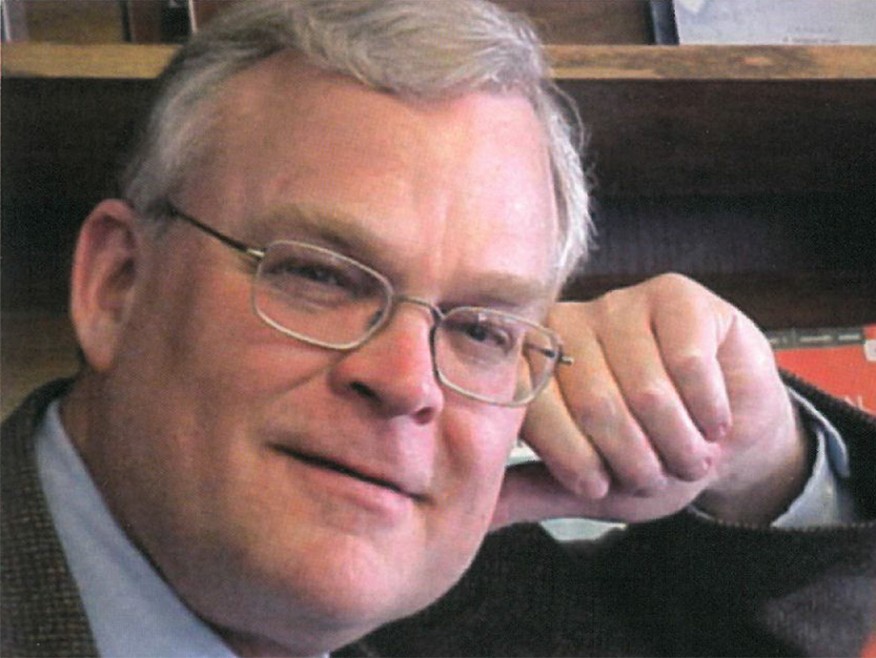When Michael Sherraden (MSW '76, PhD '79) was in undergraduate school at Harvard, he had little inkling of the directions that his life would take. "While being in college in the '60s really shaped my interests, it wasn't until well after that that I really understood the intellectual enterprise," he says.
After completing his bachelor's degree, he directed a child-care facility in Arkansas. "I wasn't thinking much about my future, at that point. But then I met Margaret, who would later become my wife, while directing a summer camp in Nova Scotia. It's because of her and her family that I became aware of social work as a profession." Margaret's father had been a professor of social work at the University of Chicago, and she was completing her master's degree there as well.
It's to the great benefit of the profession that Sherraden pursued his interest in social work. "Initially, I was wait-listed as a pre-MSW doctoral student by U-M," he remembers. "John Tropman, who was a student of Margaret's father, was a great help to me. He advised me on where to apply, how the process worked. I owe him a great deal of thanks."
Sherraden believes that while he has been "privileged to be part of great educational institutions for my whole life," it was not until he began his doctoral studies that he was truly engaged in the process, and finally understood what he calls "the intellectual enterprise. I loved the whole process of doctoral education. The work becomes your work, you own it, which is very exciting. I learned how to be engaged in issues, how to ask questions, and how to do research."
Some of Sherraden's most profound influences were gained while he was a student at U-M SSW- he cites Robert Vinter, Rosemary Sarri and the late Henry Meyer, calling them "pillars in social work research and education. It's such a great doctoral program, and is the genesis for bringing together social work and social science. My training here allowed me to think in a way that has helped me understand and frame issues; I understand the practical applications and can raise key questions from the theory and research. Theory is fundamental to the applied work-it's a mistake to think that an empirical agenda can be very successful without a theoretical foundation. "I was recently invited by Dean Allen-Meares to deliver the Fauri Memorial Lecture, and I was so pleased to be asked to give a talk at the School that has been so important to me!"
He is best known for his work around asset building, believing that it is an institutional phenomenon, and that poor people don't have access to the structures that facilitate asset building. In 1994, Dean Shanti Khinduka finally persuaded Sherraden to found and direct the Center for Social Development. "I had avoided it for years:' Sherraden says, "but I finally said yes because the work around assets was too large for it to remain a solitary endeavor. I needed a staff, and the Center has really moved the work."
Some of his most influential and groundbreaking work to date is regarding asset building for poor people through Individual Development Accounts (IDAs), which are structured in much the same way that 40l(k) accounts are. It's a program that's received national attention and implementation, including garnering mention from President Bill Clinton during two State of the Union addresses; George W. Bush included IDAs in his platform during his campaign for the Presidency, and AI Gore endorsed them, too. For more information on IDAs and other work at the Center, please vist the Center for Social Development's website.
"With good fortune, I have another ten to twenty years of research to do in assets, service (organized service, such as the Peace Corps or Senior Volunteer Corps) and other areas. After that, it's my hope that others will use the Center for their studies' social development."
- Terri D. Torkko is the Editor of Ongoing.
